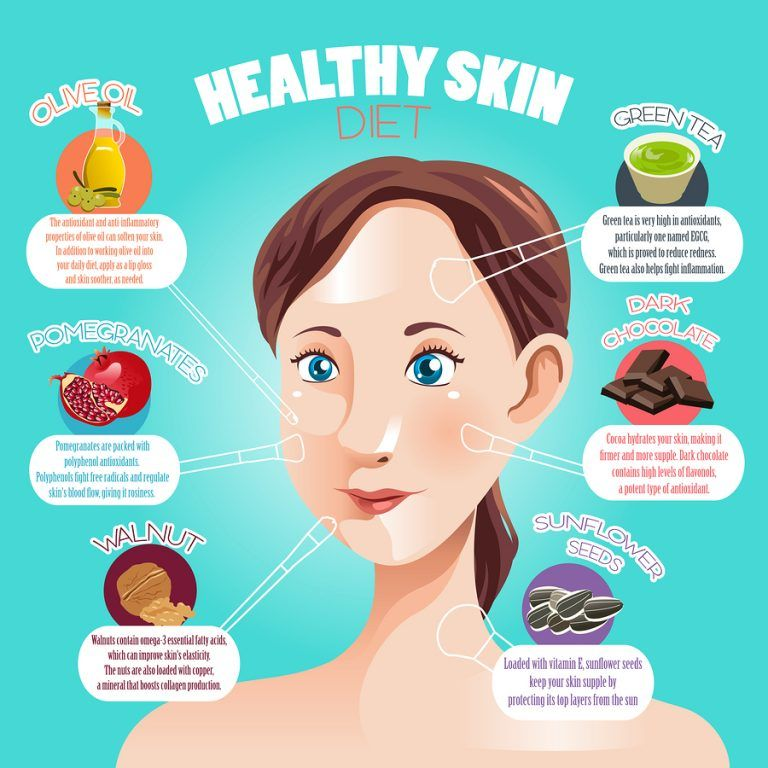Diet on Skin Health: How What You Eat Influences Your Skin's Appearance and Health
In recent years, growing concerns have been witnessed about the effects of diet on the skin, with more emphasis on the foods to be taken to maintain healthy skin. For instance, the body's biggest organ, the skin, is an outward manifestation of internal health and the feeding regime. It has been gaining a lot of support from research that our food choices are directly proportional to the health and appearance of the skin. The human body lacks vitamins and minerals essential in skin regeneration, hydration, and even protection against harm caused by our environment. Knowing how our food choices impact our skin makes us capable of making informed decisions that will enhance general well-being and radiant skin.
The Benefits of Healthy Fats
Another aspect of dietary options that has to be considered when it comes to the health of your skin is healthy fats. Some foods with high amounts of omega-3 fatty acids include flaxseeds, walnuts, and salmon, which have anti-inflammatory properties, thus reducing instances of inflammation of the skin. These fats are important because they maintain the skin's lipid layer so it remains hydrated and does not become dry. Healthy fats ensure that the skin is not dry and has no dull look or wrinkles associated with aging skin. Those are the fats that, if consumed, help improve skin's overall texture and well-being.
Hydration and Its Effects
Moisturizing skin requires one to drink a lot of water since it is very important for the skin. Drinking enough water makes the skin look healthy from the inside out since it gives it a natural and supple appearance. These ingredients contribute to skin dryness, leading to the formation of wrinkles dark circles, and puffiness; water can help eliminate these toxins. Consuming h2o-rich foods such as watermelons and cabbages increases water intake and improves skin health. Puffy skin looks fuller and in better colors, proving the effect of drinking water and having foods with high hydro solvents.
The Drawbacks of Sugars and Processed Foods
However, excessive processed foods containing refined sugars may be unhealthy for the skin. Glycation pertains to binding sugar with proteins such as collagen and reduces the firm tissues' elasticity due to excessive sugar. This procedure results in skin dullness and contributes to early signs of aging, such as wrinkles. Processed meals can worsen skin conditions like acne because they are frequently high in unhealthy fats and additives. Consuming large amounts of refined carbs causes inflammation and increased sebum production, which clogs pores and causes breakouts. Lowering these food offenders can support the upkeep of healthier, brighter skin.
Final Thoughts
The food has a profound and transformative effect on skin health. Our food decisions directly impact our skin's health, vibrancy, and look. We may support our skin's natural functions and improve its brightness by choosing well-informed and balanced dietary choices. This knowledge motivates us to select healthier foods and enhance our overall health and beauty, giving us a youthful look. Admitting that nutrition influences skin conditions makes it possible for one to embrace the long-term benefits consistent with the general understanding that our diets profoundly affect our skin's health and appearance.



Comments
Post a Comment